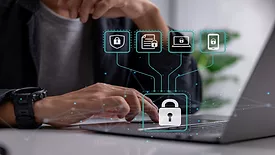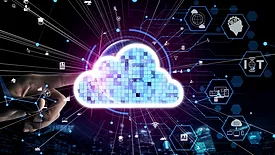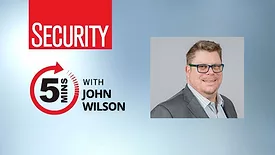Home » compliance
Articles Tagged with ''compliance''
SolarWinds data breach lawsuit takeaways for CISOs
A lawsuit alleges SolarWinds did not take adequate actions to prevent a data breach. Security executives offer insights into this complex case
May 11, 2022
Sign-up to receive top management & result-driven techniques in the industry.
Join over 20,000+ industry leaders who receive our premium content.
SIGN UP TODAY!Copyright ©2026. All Rights Reserved BNP Media.
Design, CMS, Hosting & Web Development :: ePublishing




.webp?height=168&t=1651851262&width=275)





